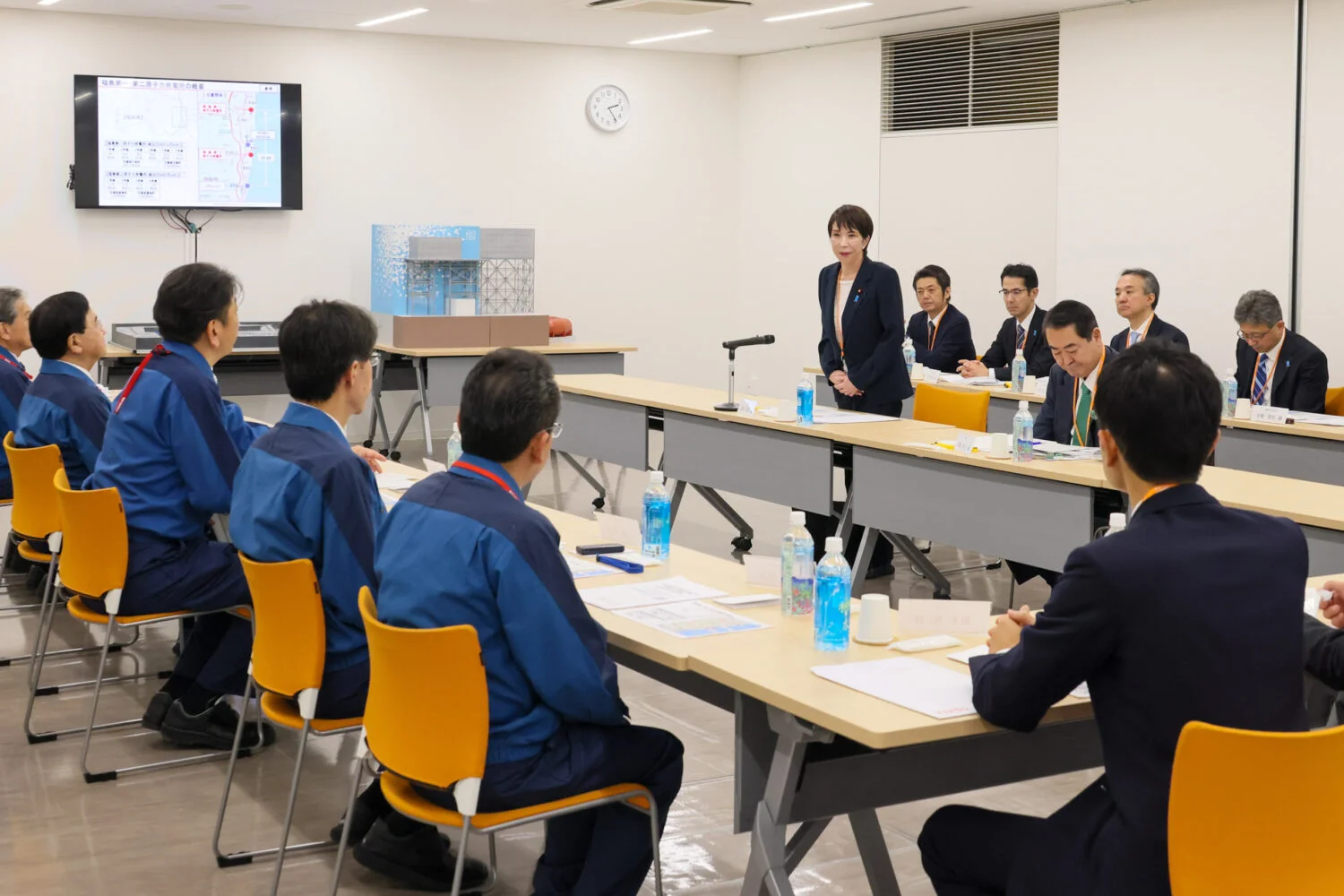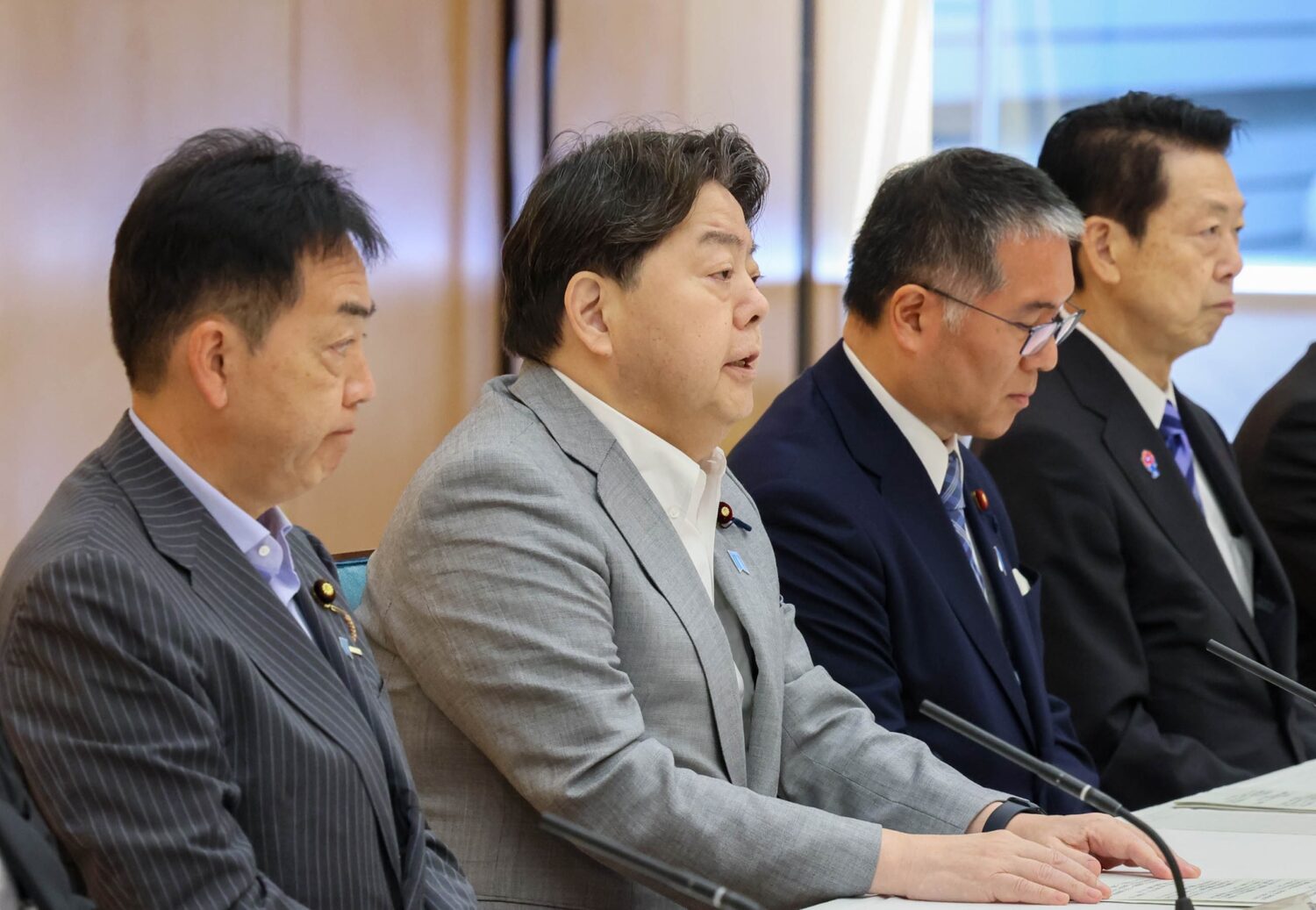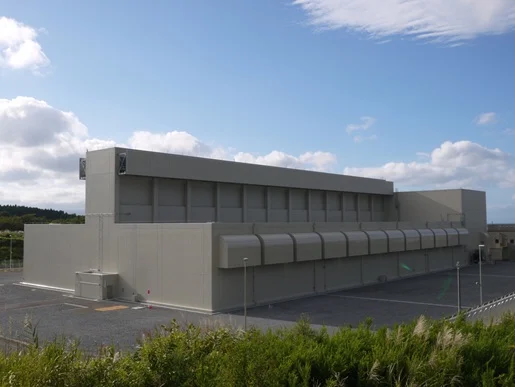Maintaining that there is no scientific basis for restrictions and that they constitute unjust discrimination, Japan is seeking to have restrictions lifted for all food products from the country.
On the same day, Japan also asked South Korea for bilateral consultations, as provided for in WTO agreements. If such consultations do not produce an outcome in 60 days, Japan will request formal adjudication by a WTO panel. It is the first time that the Japanese government has taken action against another country on the matter of import restrictions involving the Fukushima Daiichi accident.
If the matter proceeds to adjudication, the WTO will establish a case-specific panel in September to hear the claim and render a judgment. Including any appeal of the judgment of the panel to a higher appellate body, a final decision will, in principle, be made within one year after the initial panel is convened.
On May 21, Yoshimasa Hayashi, Japanese minister of agriculture, forestry and fisheries, released an informal statement saying, “Japan has been urging South Korea to lift the restrictions, and now believes that the South Korean government is unlikely to do so in a timely manner. Using the WTO’s dispute-settlement process, we want to get the restriction lifted as soon as possible.”
Following the nuclear accident in March 2011, South Korea banned imports of about 50 different marine products from Fukushima and seven other prefectures. In September 2013, it tightened the restrictions, banning all marine products from the eight prefectures. That was two and a half years after the accident, and was part of a general worsening of relations between the two countries. The Japanese side has increased its opposition to the restrictions, calling them a “political action.”
Meanwhile, also in May, Taiwan tightened its regulations on the importing of food products from Japan because of the nuclear accident, additionally requiring all importers to now present “certificates of origin” proving which prefecture the products came from (see the article “Japan’s Farm Minister Slams Taiwan’s Tightened Limits on Japanese Food Imports” on May 15). The Japanese government is considering taking action against Taiwan at the WTO as well.
Altogether, 13 of the countries that had imposed restrictions after the Fukushima Daiichi accident have lifted them since: Canada, Myanmar, Serbia, Chile, Mexico, Peru, Guinea, New Zealand, Colombia, Malaysia, Ecuador, Vietnam and Australia.












